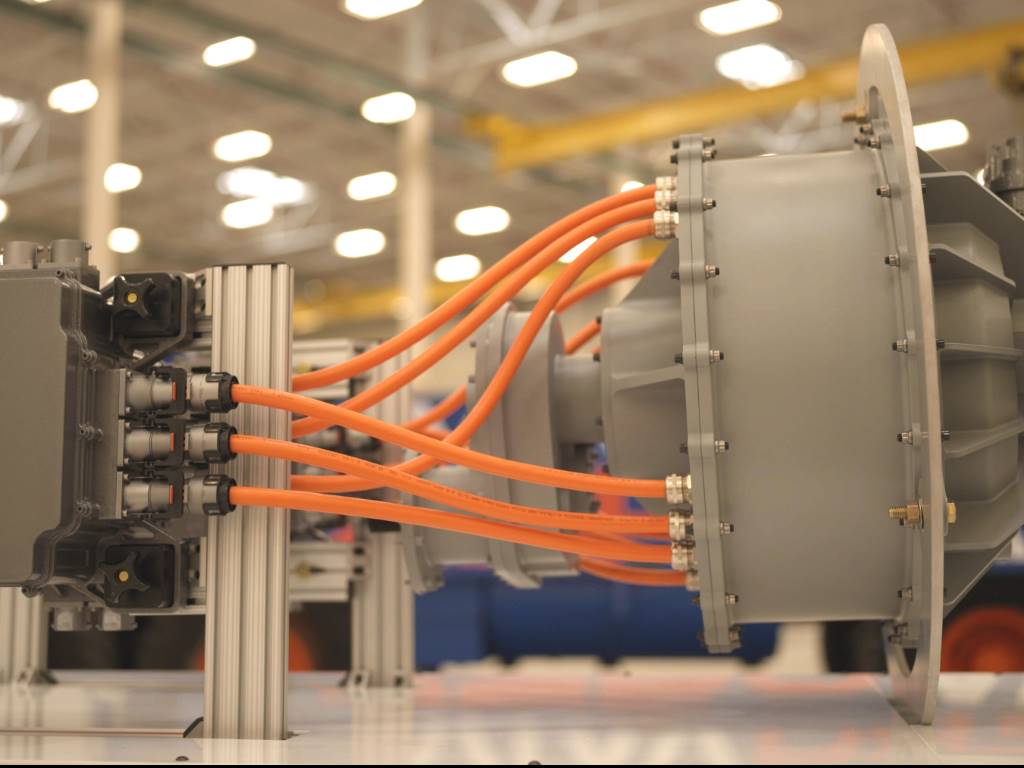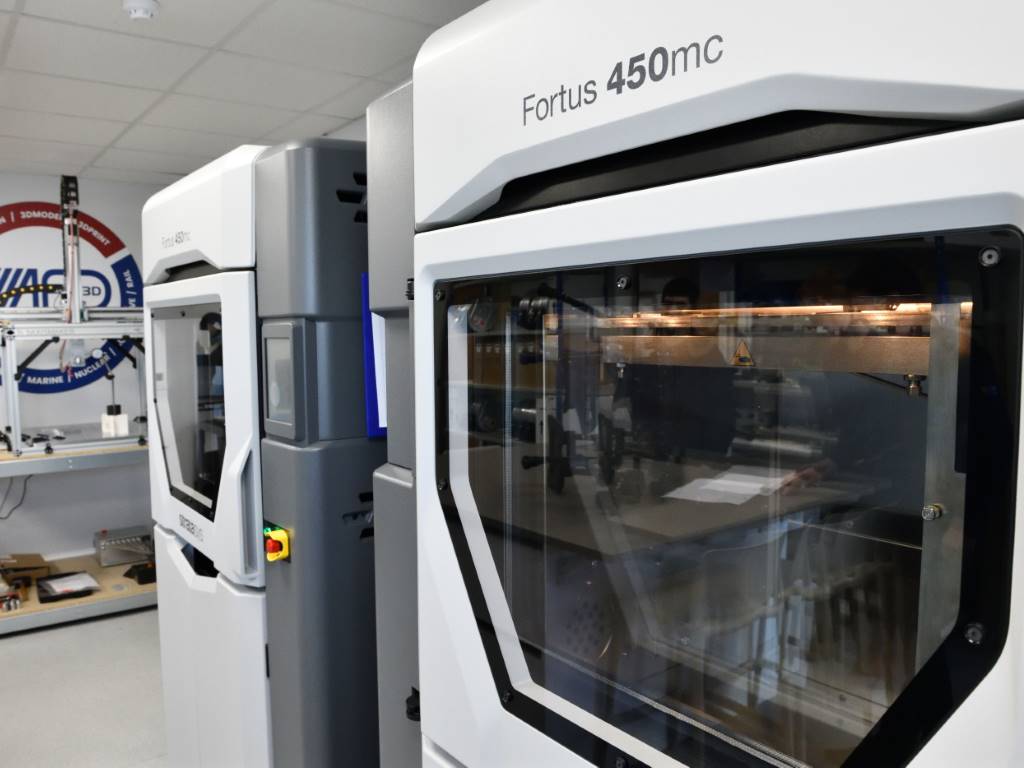Service parts management takes flight

When passenger aircraft were grounded as the pandemic took hold, Meggitt saw an opportunity to take a fresh look at responding to the needs of the civil aviation market.
In March 2020, the skies fell quiet as Covid-19 spread and aircraft worldwide were grounded. Over the rest of the year, closed borders, strict travel controls and depressed travel confidence all took their toll, sending global passenger demand falling by 66% year-on-year, the sharpest decline in aviation history, according to full-year results from the International Air Transport Association (IATA).

Just like every other business supplying the civil aviation sector, Meggitt felt the impact immediately. Products from the company, which specialises in components and subsystems for the aerospace, defence and energy markets, can be found on more than 73,000 aircraft worldwide.
But despite Covid-19 triggering a sharp decline in demand for spare parts from its civil aviation customers, the Meggitt team was able to find a silver lining to the situation. Here was an opportunity, they decided, to take a fresh look at how they service this market and forecast its demands and to identify a better approach to balancing manufacturing output and customer needs.
Smooth runway for take-off
Fortunately, Meggitt already had a smooth runway for take-off, having previously implemented Servigistics, a PTC technology for service parts management. This investment was made to help the company’s aftermarket division achieve a joined-up view of inventory held in its multiple plants across America, Asia-Pacific and Europe.
From there, Servigistics enabled them to ensure that parts were restocked in the locations most likely to need them, based on customer demand data. For customers, that has resulted in better availability of parts and more responsive repair services, says Andy Bennett, global demand planning lead at Meggitt.
“Servigistics has given us a visibility that was very difficult to attain in the past. We are now far more conscious of trying to manage inventory on a global basis, rather than on a regional basis. We realised that with a regional approach, you’re likely to be holding too much inventory, along with that comes the risk of items ageing or being superseded by new products.”
While Meggitt was delighted to achieve this visibility, and to see its impact on customer service and satisfaction, he says, the company has found further ways to get value from Servigistics as the Covid-19 crisis has unfolded.
In particular, Meggitt has been able to apply simulation techniques to the data it holds, modelling different scenarios to assess the likely impact of Covid-related trends – new travel restrictions, for example, or increased passenger demand – on customer needs, inventory holding costs, service delivery levels and so on.
“This would have been extremely difficult to do in the past, but now we can play with certain variables to test out their impact, which will help in terms of preparedness for whatever the future brings,” he says.
Resilience in uncertain times
Like many other companies worldwide, Meggitt realises that the recent upturn in the civil aviation market’s fortunes is unlikely to follow a smooth upwards trajectory, as new outbreaks occur and travel restrictions come and go. At the same time, the company also wants to be able to take full advantage of that upturn.
“Race-readiness is a phrase you hear being used a lot at the moment,” says Bennett. “And as rules get more relaxed and people enjoy moving around again, we want to be race-ready.”
Looking forward, he sees a clear role for Servigistics in enabling Meggitt to further refine its distribution model for components and parts, giving it even more chances to fulfil customer needs in more rapid, responsive ways.
“Right now, we have a regionalised model for distribution, which may well be reviewed in future,” he says. “That may mean fewer, larger distribution hubs or new hubs to supplement those that we already have. Either way, Servigistics will be a supporting tool for planning and simulating these strategies.”
Against this backdrop of change, one thing remains constant: the need to help aviation companies keep aircraft in the air. Aircraft on Ground (AOG) events have been an unavoidable side-effect of Covid-19 for the industry, but well before the pandemic struck, aircraft that couldn’t fly for technical reasons already represented a huge financial drain for owners and operators in terms of revenue loss, storage fees and passenger compensation. Those costs mount up quickly, often totalling hundreds of thousands of dollars per day.
As the Covid-19 crisis eventually tails off, success in Meggitt’s mission to help them keep aircraft in peak condition will depend more than ever on its having the right parts, in the right place, at the right time.
As Bennett puts it: “Our obligation to operators is to always be able to respond to their needs. So keeping track of aircraft over their lifecycle and tracking demand across these respective phases is critical to customer satisfaction. Servigistics is a vital tool for us as we grow and adapt to a market in constant change.”













